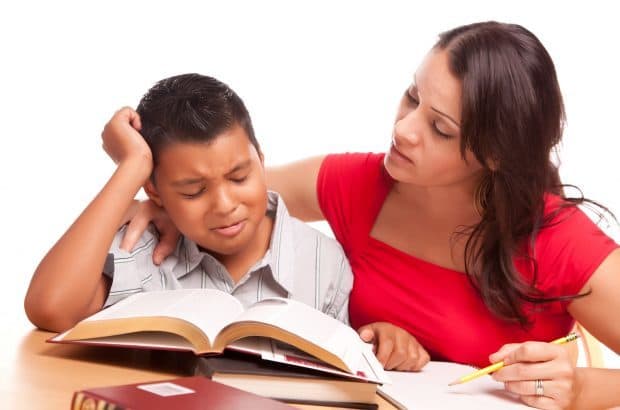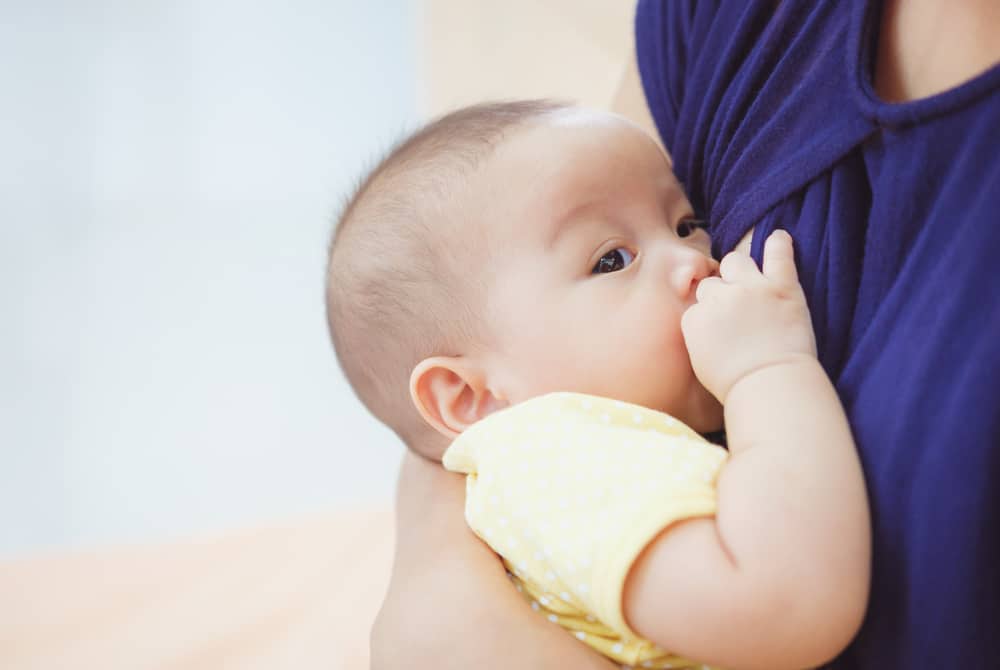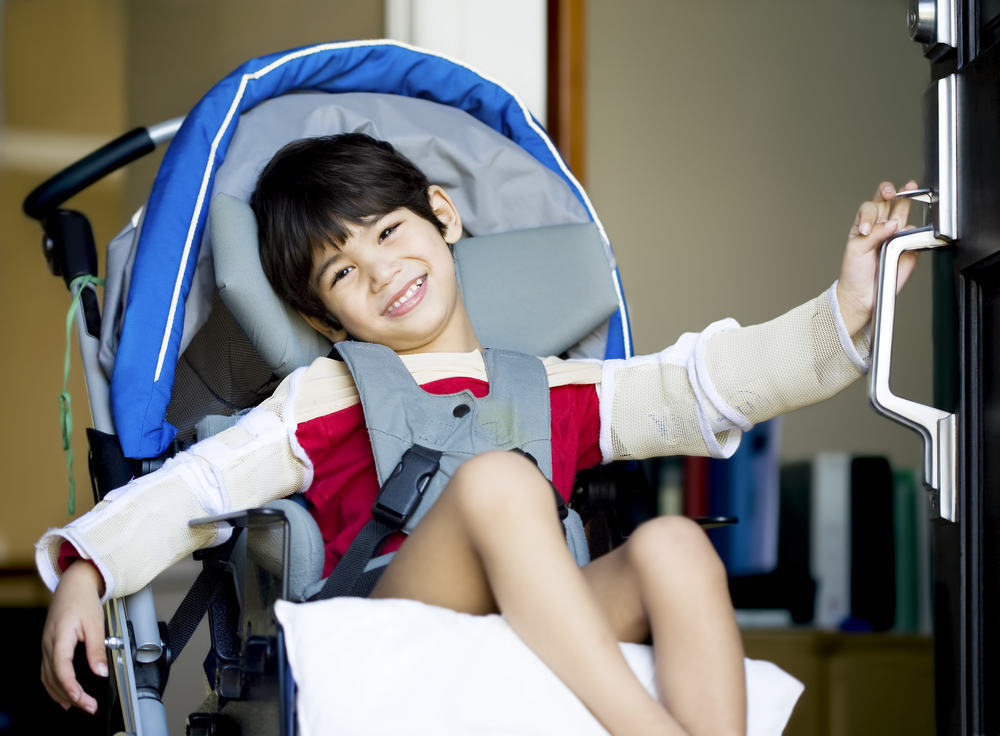Contents:
- Medical Video: 7 Parenting Tips to Deal With a Naughty Child
- What are the main causes of stressful children?
- What are the characteristics and signs of stressed children?
- Impact of stress on children in the long term
Medical Video: 7 Parenting Tips to Deal With a Naughty Child
Adults tend to think children will not experience stress. Even though it does not have serious problems or certain responsibilities, children can experience anxiety that causes stress for some time. Low-level stress can indeed stimulate children to think, get to know, and adapt to the environment, but if the child is stressed too heavily, the impact is even worse and can be carried into adulthood.
What are the main causes of stressful children?
Stress can arise from demands originating from the surrounding environment such as parents, school, work, or social environment. In addition, a sense of stress can also arise from within yourself when there is a difference between things you want to achieve with your own abilities. The two things that trigger stress can be experienced by anyone, including children.
A source of stress that can adversely affect children is a type of stress that can cause a feeling of discomfort, injury, or illness that is beyond their ability to deal with it. Common sources of stress at the age of children include:
- Excessive anxiety is related to schoolwork and academic ranking
- Difficulty in being relaxed because of the tight schedule or responsibility
- Frequently move home or school
- Experiencing abandoned life
- Experience bullying or pressure from peers or social environment
- Having bad thoughts about himself
- Being past puberty with emotional and physical changes
- Facing divorce or separation of both parents' homes
- Facing a troubled family environment
- Live in a family that has financial difficulties
- Live in an insecure home environment
In addition to the example above, some things can indirectly make anxious children and feel depressed, such as hearing parents quarrel, knowing problems faced by parents, worrying about close family illnesses, or being exposed to information such as violence or social problems that have not been his age.
Some sources of stress on children can also be avoided by caregivers or parents, but they can help children to understand the conditions that are happening. In addition, creating a safe home environment, a calm and calm atmosphere and being role-model in handling a problem calmly is something that needs to be done to prevent chronic stress in children.
What are the characteristics and signs of stressed children?
Children respond to stress in different ways than adults, and many of them do not realize that they are stressed. They also cannot always express what is felt to the closest person, but there are some characteristics that can indicate a child's stress:
- Tends to be hyperactive - this is a form of children's response to the hormones adrenaline and cortisol. A lot of moves and tend not to be silent is the way they adjust to discomfort.
- Mood swings - changes in happy emotions and getting angry in an instant are signs if they are stressed.
- Too easily frustrated - children tend to not be able to think clearly if they are stressed. Small things like the difficulty of tying shoelaces can make them angry, chances are they are stressed. Long periods of frustration can make it difficult for them to control their emotions and anger.
- Refusing to go to school - children tend to avoid things or activities that make them anxious both in the family, social or school environment. If a child refuses to go to school there is a high probability that there is something that makes him stressful while there.
- Changes in sleep patterns - stress in children has the potential to cause nightmares so they have difficulty getting enough sleep at night. Besides being lackluster and having more sleep is also a sign that the child is experiencing stress.
- Changes in diet - just like adults, children can eat more or very little if they feel depressed.
- Complaining abdominal pain - stress affects the body. But unlike adults who feel headaches when stressed, stress triggers abdominal pain in children. In a long time they can also complain of pain in other parts of the body but it is not known what disorders cause it.
- Unusual behavior appears - children may do something new and considered soothing if they are stressed. If you find a child doing a new habit but too often then chances are, they are trying to calm themselves.
Impact of stress on children in the long term
In addition to having an impact on mental health in childhood, stress also affects the development of one's brain, so that the effects can reappear when they are adults.
A study in 2015 showed there were differences in the brain structure of adults who experience stress at the age of children which causes their brains to have an arrangement gray matter and white matter Unusual. Part of the brain gray matter itself is a part of the brain made of neurons that function to process information while white matter has a coordination function and a link between parts of the brain.
In adults who experience severe stress before entering the age of six years, part gray matter the brain grows in unusual places, but tends to be less in places gray matter needed, as in the upper forebrain.
This shows stress in childhood will inhibit ideal brain development, especially in the front of the brain. This study also shows that the stressful effects of childhood tend to carry over into adolescence where they are more easily anxious and frightened and when they are prone to depression when they are adults.












